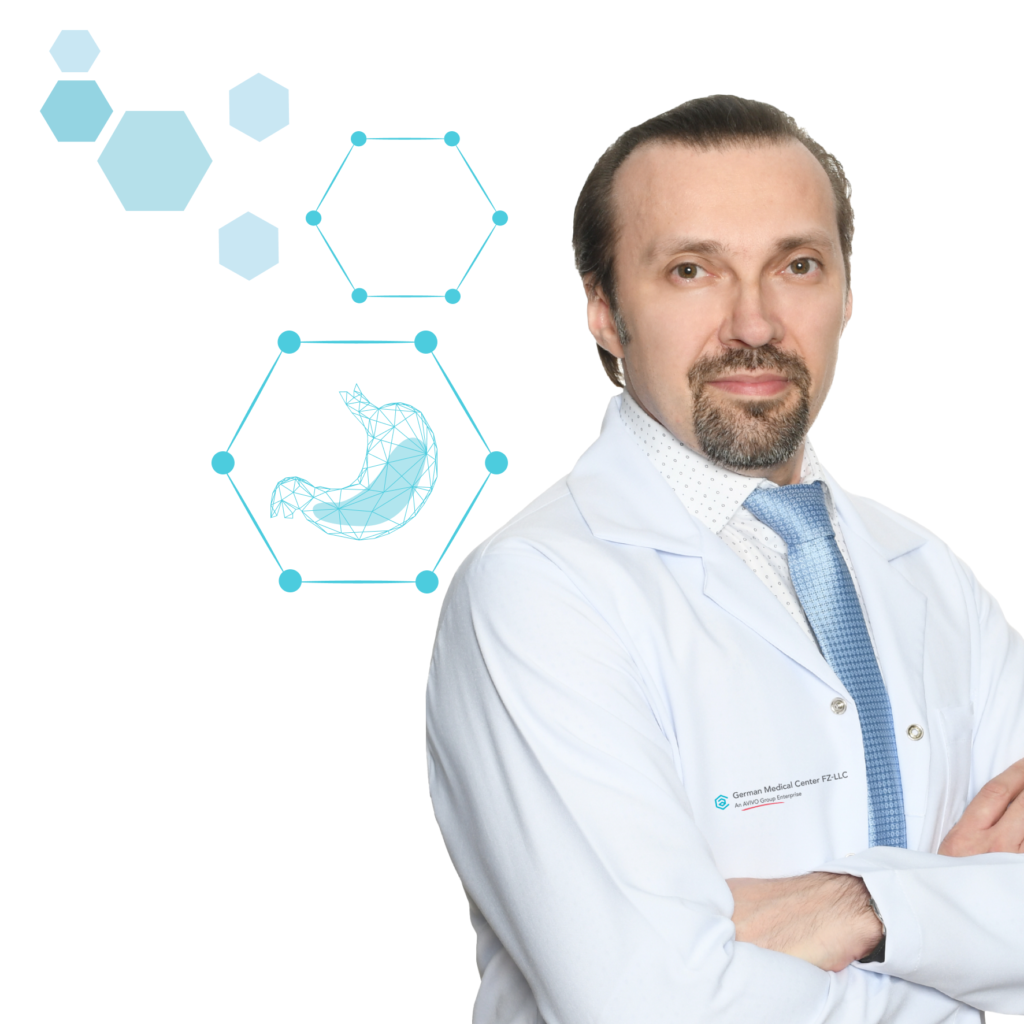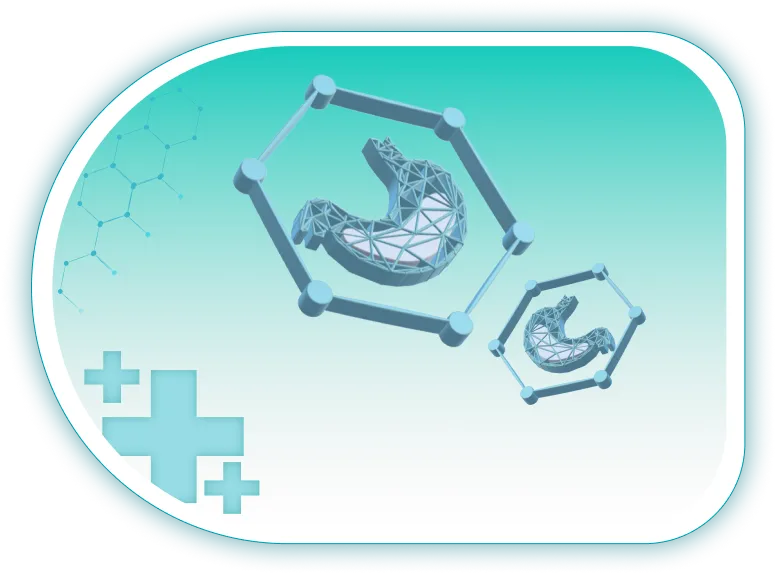
Dr. Sebastian Cuzincu
Gastroenterology and Internal Medicine





Worried about colon polyps? These silent growths can develop without symptoms but may lead to serious complications if left untreated. Early detection through a colonoscopy can prevent risks, including colorectal cancer. At German Medical Center, our expert gastroenterologists provide advanced screening and painless polyp removal to safeguard your health. Don’t wait for symptoms—take control of your digestive health today. Book your consultation now!
By booking an appointment with German Medical Center.
Our team of experts are passionate about providing only the best quality care and treatment to their patients.

Gastroenterology and Internal Medicine
Colon polyps often do not cause any symptoms, which is why regular screenings are important for early detection. However, some people with colon polyps may experience the following symptoms:
It is important to note that these symptoms are not specific to colon polyps and can be caused by many other conditions. Therefore, it is essential to get a proper diagnosis from a healthcare professional. Regular colon cancer screenings, such as colonoscopies, are the best way to detect colon polyps before they cause any symptoms.
Certain risk factors have been identified. These include:
It is important to note that while these risk factors may increase an individual’s chances of developing colon polyps, they do not necessarily mean that they will develop them. Regular colon cancer screenings, such as colonoscopies, are the best way to detect colon polyps and colon cancer early.
Intestinal polyps treatment options can vary depending on the type, size, and location of the polyp. Some common treatment options include:
It is important to note that not all colon polyps require treatment. Smaller polyps may be monitored closely through regular colonoscopies. Additionally, lifestyle changes, such as eating a healthy diet, getting regular exercise, and maintaining a healthy weight, can help prevent the development of colon polyps.
If you have been diagnosed with colon polyps, it is important to talk to your healthcare provider about the best treatment options for your individual case. Regular colon cancer screenings, such as colonoscopies, are also important for early detection and treatment of colon polyps.
If you are experiencing abdominal gas and bloating, it's important to take action to alleviate your symptoms....
The symptoms of stool with blood and pain, also known as rectal bleeding, can vary depending on the underlying cause....
Jaundice is a medical condition that occurs when the level of bilirubin, a yellowish pigment produced during the breakdown of red...
No results found.

Partner with:
Partner with:


German Medical Center is one of the leading medical institution in Dubai formed by a group of specialists who are passionate about providing the personalized care tailored to the patient's unique needs.
Fill out our easy online form to book an appointment with German Medical Center. Our team of experts is dedicated to providing you with personalized care and guidance every step of the way. Don't wait, take charge of your well-being and schedule your appointment now!